Welcome to the Amira-Avizo Software Use Case Gallery
Below you will find a collection of use cases of our 3D data visualization and analysis software. These use cases include scientific publications, articles, papers, posters, presentations or even videos that show how Amira-Avizo Software is used to address various scientific and industrial research topics.
Use the Domain selector to filter by main application area, and use the Search box to enter keywords related to specific topics you are interested in.
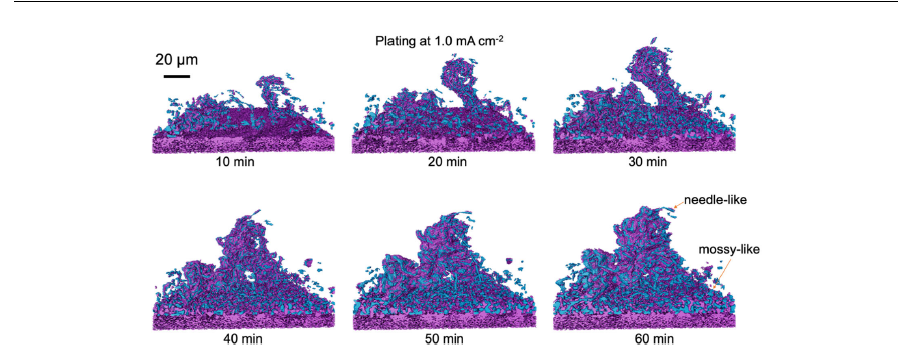
Li metal is considered as the most important negative electrode active material for Li-based batteries because of its high theoretical specific capacity of 3860mAh g-1, which is an order of magnitude higher than the currently used graphite, and by being the most electropositive metal. When coupled with high-capacity cathodes, either Li insertion materials or conversion chemistries, or applied in a solid-sate configuration, a leap in energy density can be obtained. The main challenge in the di... Read more
Matthew Sadd, Shizhao Xiong, Jacob R. Bowen, Federica Marone, Aleksandar Matic
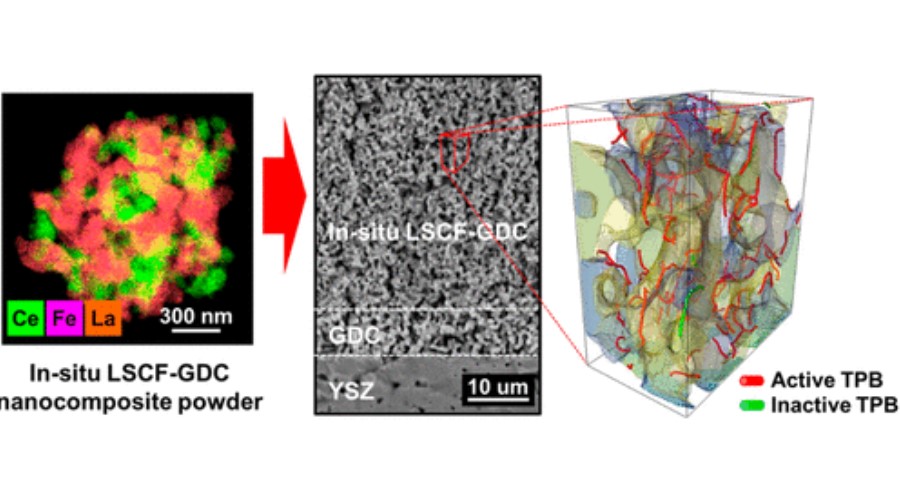
Composite cathodes comprising nanoscale
powders are expected to impart with high specific surface
area and triple phase boundary (TPB) density, which will lead
to better performance.
However, uniformly mixing nanosized heterophase powders remains a challenge due to their high surface energy and thus ease with which they agglomerate into their individual phases during the mixing and sintering
processes. In this study, we successfully synthesized La0.6Sr0.4Co0.2Fe... Read more
Dong Woo Joh, Areum Cha, Jeong Hwa Park, Kyeong Joon Kim, Kyung Taek Bae, Doyeub Kim, Young Ki Choi, Hyegsoon An, Ji Su Shin, Kyung Joong Yoon, and Kang Taek Lee
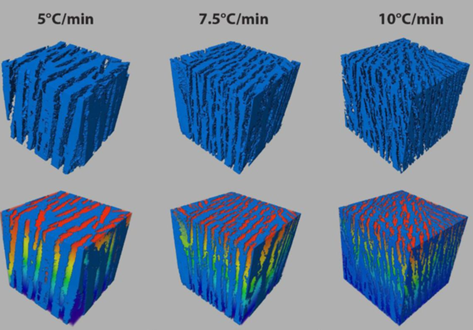
The prevailing electrode fabrication method for lithium-ion battery electrodes includes calendering at high pressures to densify the electrode and promote adhesion to the metal current collector.
However, this process increases the tortuosity of the pore network in the primary transport direction and imposes severe tradeoffs between electrode thickness and rate capability. With the aim of understanding the impact of pore tortuosity on electrode kinetics, and enabling cell designs with ... Read more
Benjamin Delattre, Ruhul Amin, Jonathan Sander, Joël De Coninck, Antoni P. Tomsia and Yet-Ming Chiang
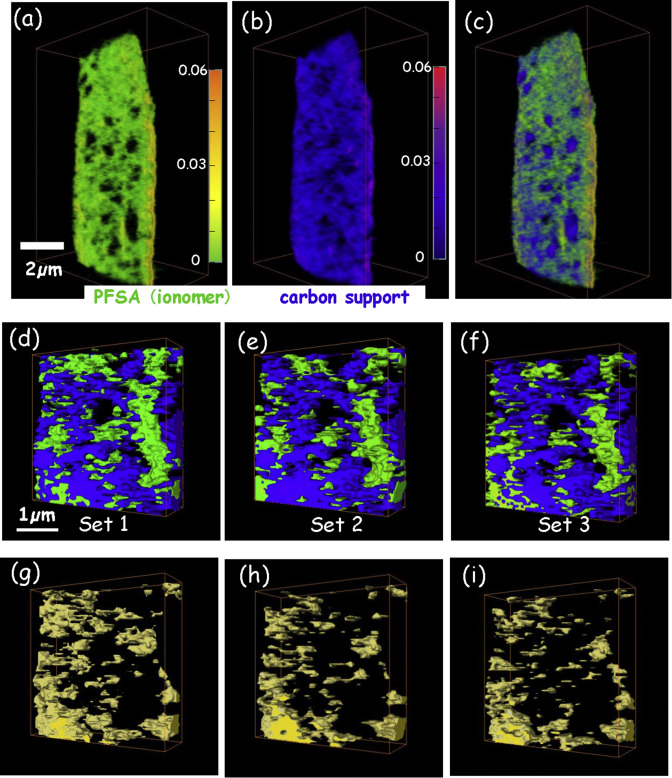
4D imaging – the three-dimensional distributions of chemical species determined using multi-energy X-ray tomography – of cathode catalyst layers of polymer electrolyte membrane fuel cells (PEM-FC) has been measured by scanning transmission x-ray microscopy (STXM) spectro-tomography at the C 1s and F 1s edges. In order to monitor the effects of radiation damage on the composition and 3D structure of the perfluorosulfonic acid (PFSA) ionomer, the same volume was measu... Read more
Juan Wu, Lis G.A.Melo, Xiaohui Zhu, Marcia M.West, Viatcheslav Berejnov, Darija Susac, Juergen Stumper, Adam P.Hitchcock
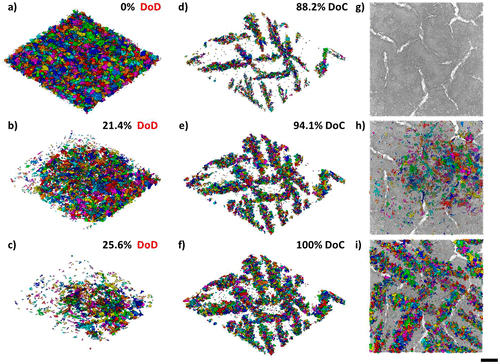
Four-Dimensional Studies of Morphology Evolution in Lithium–Sulfur Batteries
Lithium sulfur (Li–S) batteries have great potential as a successor to Li-ion batteries, but their commercialization has been complicated by a multitude of issues stemming from their complex multiphase chemistry. In situ X-ray tomography investigations enable direct observations to be made about a battery, providing unprecedented insight into the microstructural evolution of the sulfur cathode and shedding light on the reaction kinetics of the sulfur phase. Here, for the first time, the mor... Read more
Chun Tan, Thomas M. M. Heenan, Ralf F. Ziesche, Sohrab R. Daemi, Jennifer Hack, Maximilian Maier, Shashidhara Marathe, Christoph Rau, Daniel J. L. Brett, Paul R. Shearing